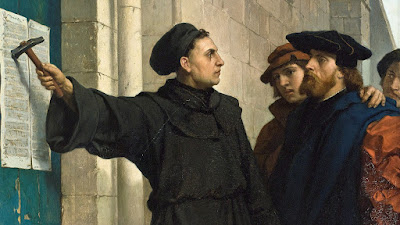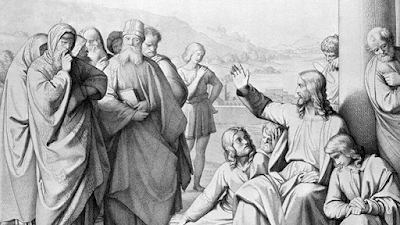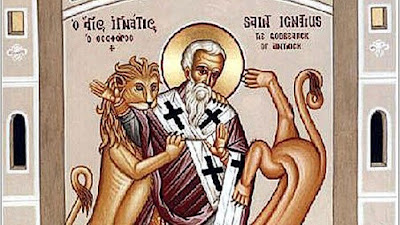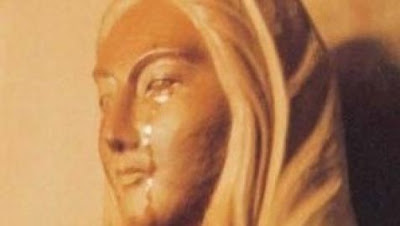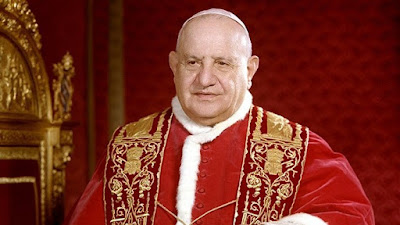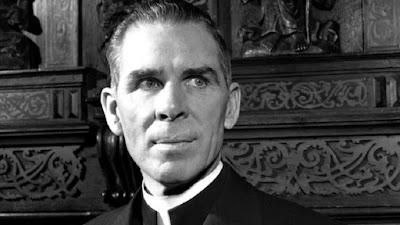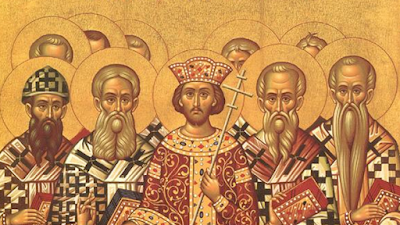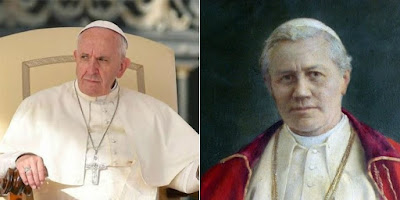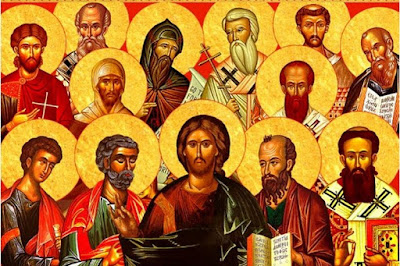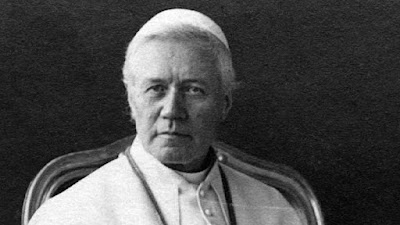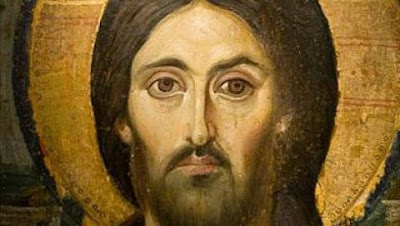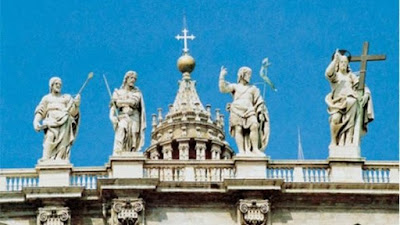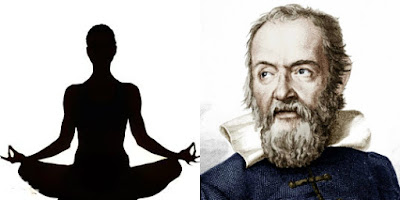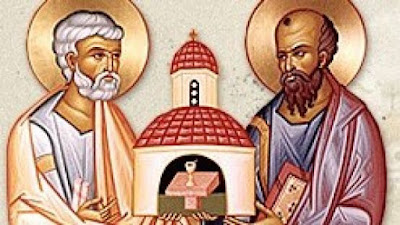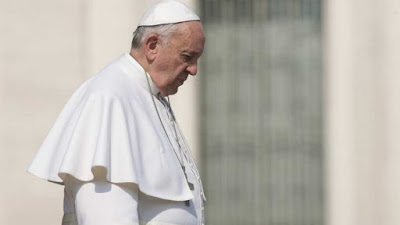"Progressive" Catholics Are Heterodox Catholics
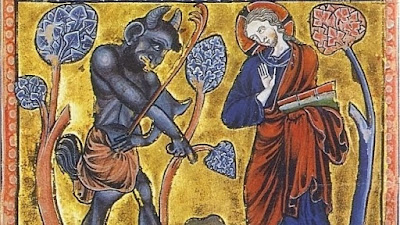
To speak of the Church using political labels is a fatuous pursuit. You are either faithful to the teachings of the Church or you are unfaithful. Public opposition to the Magisterium is dissent. Then Joseph Cardinal Ratzinger, as prefect of the Congregation for the Doctrine of Faith observed, "These doctrines require the assent of theological faith by all members of the faithful." The quotes below show that being a disciple of Christ requires total fidelity to Christ and Christ's Church. The teaching Church does not invent her doctrines; she is a witness, a custodian, an interpreter, a transmitter. As regards the truth...she can be called conservative, uncompromising. To those who would urge her to make her faith easier, more in keeping with the tastes of the changing mentality of the times, she answers with the apostles, we cannot do so. — Pope Paul VI, General Audience, January 12, 1972 It is sometimes reported that a large number of Catholics today do not adhe
